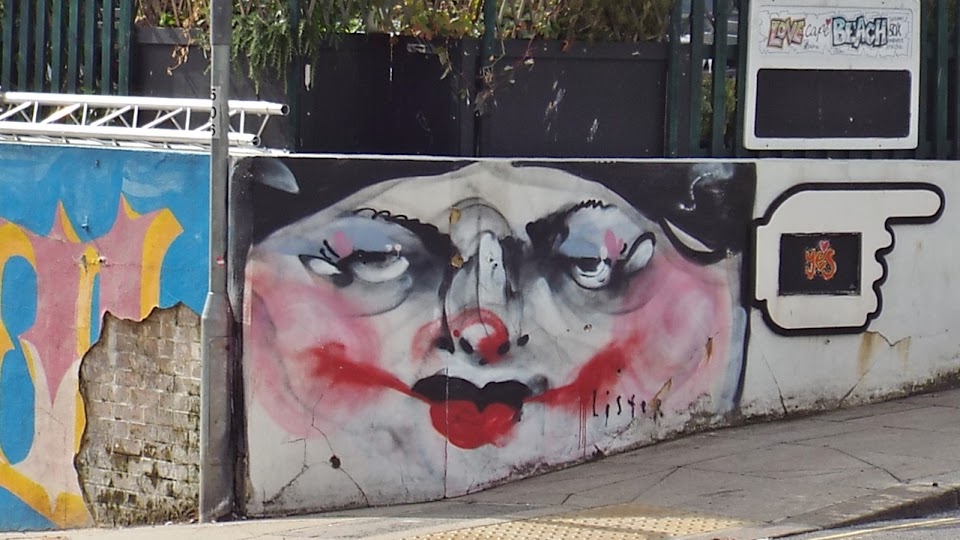My recent reading matter has brought something to my attention. I read 'Reservoir 13', I have just finished Gerald Durrell's biography, now I am reading, with a little difficulty, 'H is For Hawk.' All these books have at their centre a depth of knowledge of and care for the natural world and man's involvement with it. This morning I woke up and realised that this is what I care for and about, more than anything else. How have I not been able to acknowledge this before?
Online, I read stories about environmental destruction and devastated communities, about for example, rhinos slaughtered for their horns and children suffering from terrible diseases. All these make me feel sad, more than sad, but the ones that make me feel desperate are the environmental stories and the slaughter of endangered, irreplaceable species. And so then I feel guilty about not caring enough for the suffering children. Maybe this feeling of guilt has clouded my sense of what is fundamentally important.
But thinking about it, my care about suffering children is innate. I'm a mother and grandmother, of course I care about the suffering of children. However I have to protect myself. If I grieve over every little boy with incurable brain damage or every little Yemeni girl starving to death before her mother's eyes, then I will die of exhausted grief and nobody will gain. Empathy can only go so far if an individual human being is to survive and remain sane. Think of the X Men founder Charles Xavier as a young man, having to learn to control his empathy before the mass of human suffering over-whelmed him. We all need to learn this - or switch the internet off.
A love for 'God's Creation' wasn't dutifully pumped into me as an infant, although christianity was vaguely involved. I was read bible stories involving animals at a sunday school that I attended for a couple of years. And I was read Kipling, the wonderful, poetic Just So Stories, the more adventurous Jungle Books, all about man and animals in natural settings. So partly by their chosen reading matter it was the adults in my family who began my deeper involvement in creatures and nature in general.
My mother's mother taught me many things in the garden, when I was very tiny, including the names of all the wild and tame flowers and that worms were good and should not be killed. My father's father, on the other hand, showed me that nature was to be tamed, controlled and turned to production in his burgeoning fruit garden, he would trap and shoot the pretty brown rats that dared to venture into his compost pits. Meanwhile his wife, my Granny, was allowed to feed 'her' robin, Bobbity, at a little bird table on the kitchen window ledge.
Their son, my father, loved wild and solitary places, marshes and mountains, deserts and rocky coasts. He was a twitcher and more. He showed me that nature was wild and free. When I was a confused, sulky teenager he drove us for many hours to Loch Garten, to show us the only ospreys then nesting in the UK. All I saw then was a distant bird, soaring, silhouetted against the grey sky and water. Nobody controlled that bird.
Today there are probably 300 pairs of osprey breeding in the UK. Should this give me hope?



